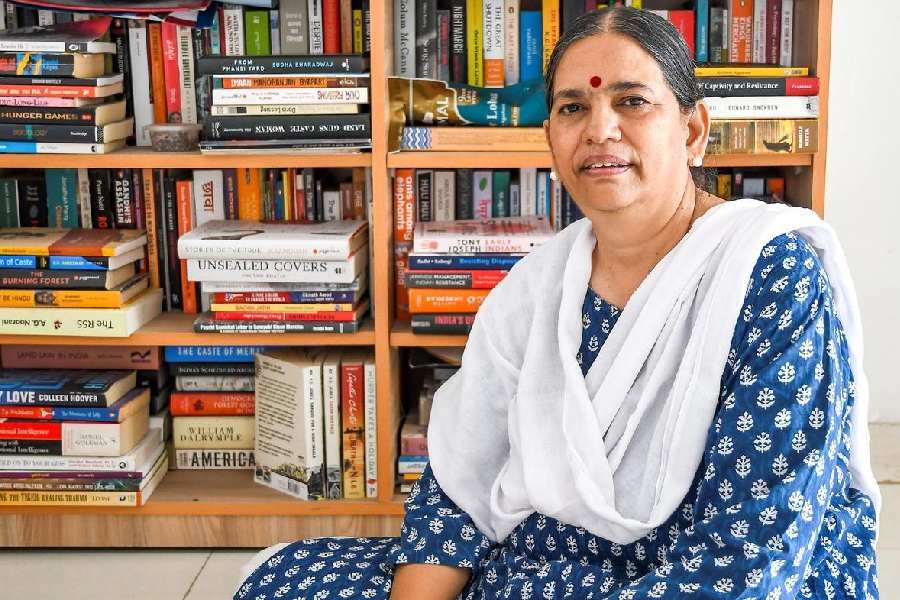Book: THE INCARCERATIONS: BHIMA KOREGAON AND THE SEARCH FOR DEMOCRACY IN INDIA
Author: Alpa Shah
Published by: HarperCollins
Price: Rs 799
For many who have followed the news regarding the Bhima Koregaon case, the saga of arrests, press conferences, cyber-forensic reports, bail hearings, statements of condemnation, and protests has gone on long enough and been spread out so thinly that fatigue and forgetfulness are real threats.
Naturally, the opposite has been the case for the 16 individuals arraigned by investigative agencies in the matter. For these persons, the case has illuminated the state of our democracy, the nature of threats against it, and the identity of its most strident defenders. In The Incarcerations, Alpa Shah provides a survey of these men and women that allows us to understand what truly connects them. The 16 include a diverse cast of characters: activists, lawyers, professors, a trade unionist, a Jesuit priest, a journalist, a researcher, and no less than five poets. The thread running through their stories? A common concern for some of the most vulnerable and exploited groups in Indian society, from Adivasis and Dalits to mine workers and Kashmiri Muslims.
Of these, the portraits of Sudha Bharadwaj and Father Stan Swamy are the most extensive and detailed, with entire sections dedicated to the arc of their lives and the development of their activism right up to the point of their arrests for their alleged links with Maoists. For the average urban reader, or anyone narrowly acquainted with social justice movements in India, this book offers a valuable education on the severity of the problems faced by Adivasis in mineral-rich Chhattisgarh and Jharkhand and by Dalits across the country. Lives in Dalli Rajhara, Bastar and Chaibasa are no less significant than those in Delhi, Bangalore and Chennai.
Equally valuable is the glimpse offered into the work of grassroots activists and the extent to which they go to fight for human rights in the face of State excesses. Shah’s writing shines brightest in her portrayals of the backgrounds, motivations, sacrifices, and human connections of these “custodians of democracy”. We do not have the luxury of thinking of these activists as mere names when those they defend are worse than nameless. This brings us to the darker face of the story: the catalogue of abuse, violence and persecution that vulnerable communities always faced, but has been extended of late to so-called ‘urban Naxals’. This journey takes us from massacres in Gadchiroli all the way to tech-savvy hackers-for-hire in Gurgaon. The book’s tone and tired refrains will mean that it is unlikely to change minds convinced by what may
well be prosecutorial propaganda. But for others, it will offer strong reasons to be concerned about the weaponisation of our laws to target dissidence.
If the Bhima Koregaon case comes across as farcical, perhaps it is because our democratic discourse today thrives on clichés. It is ironic that this apparent attempt to silence India’s many traditions of resistance has instead produced a story that tenderly weaves together these traditions into one luminous whole.










